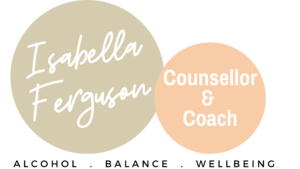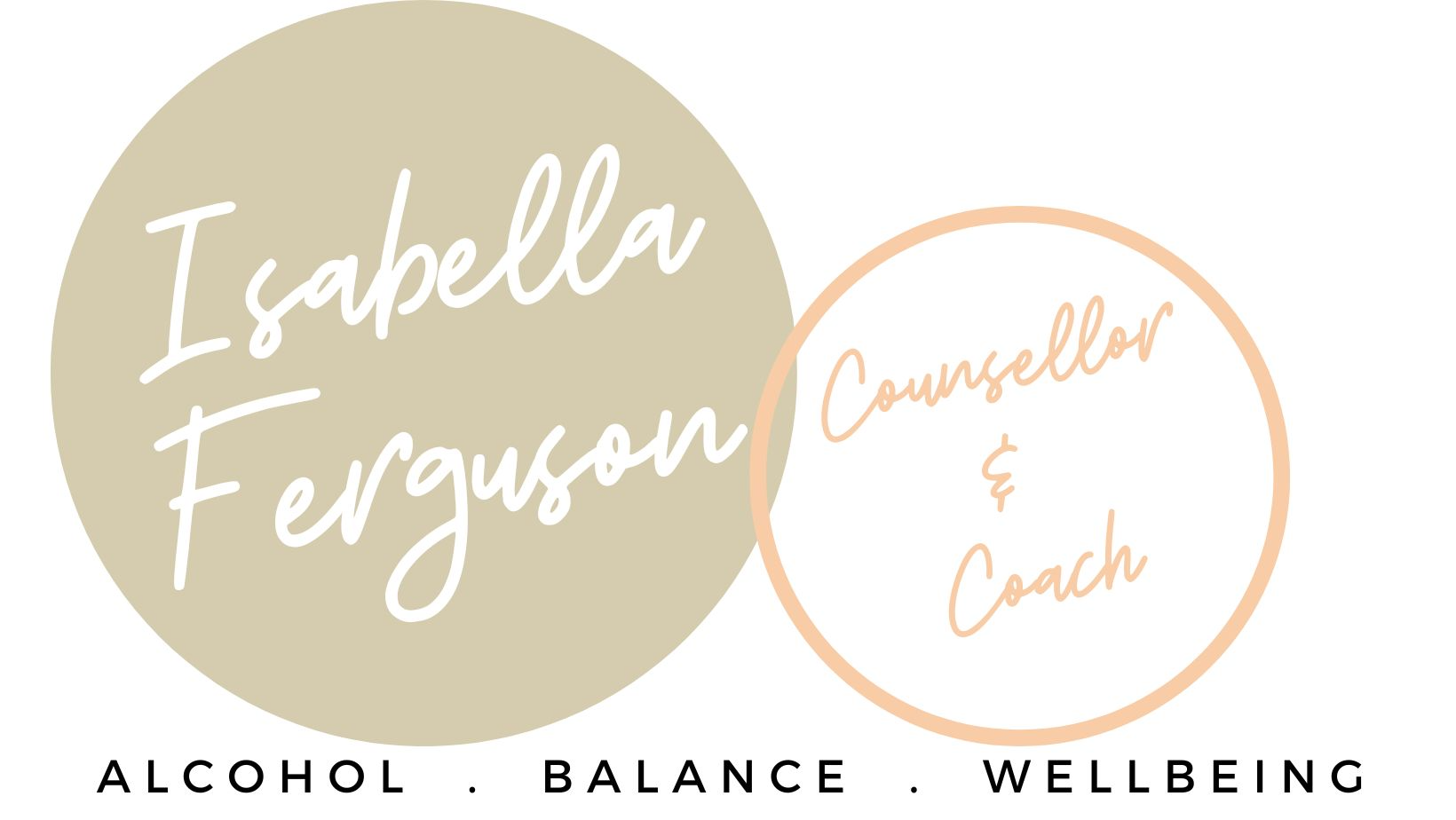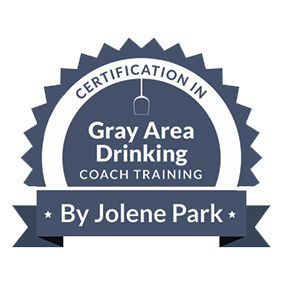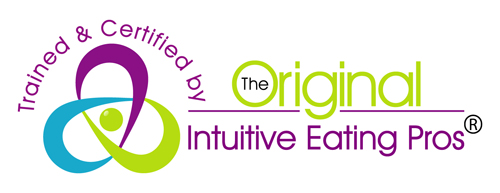Perfectionism and Alcohol
Making the connection between escalating alcohol consumption, excessive social media use and/or emotional over-eating and perfectionistic tendencies isn’t so obvious at first, but it becomes clearer when digging a little deeper at what perfectionism hides and how exhaustingly unattainable it is.
So how is perfectionism defined? Dr Brene Brown writes that:
“[P]erfectionism is a self-destructive and addictive belief system that fuels this primary thought: If I look perfect, live perfectly, work perfectly, and do everything perfectly, I can avoid or minimise the painful feelings of shame, judgment, and blame.[1]”
Can you relate to that overwhelming feeling of wanting to be accepted no matter what, to fit in, to belong? Kelly (44 years old) does: “In my late 30s, I can recall wanting so desperately to be part of this “amazing group” of people that I almost lost myself in the process. I spent hours, days ruminating how to make myself better for their acceptance, how to look, present perfectly and fit their mould… and exhaustingly worrying why they didn’t include me in everything or respond to my messages after I had tried my best. In retrospect I didn’t have a strong enough hold on who I was and I was wracked with self-doubt… It took me years to appreciate that I drank to excess both privately and publicly to soothe my wrung out nervous system and negative self-talk. It was a revelation to me when I worked it all out! I’m stronger for it now believe me!” Looking to others for approval is anxiety-creating and stressful.
Those with perfectionistic tendencies believe that the more “perfect” they are perceived to be, the better they are as a person. Self-worth and the value they place in themselves is linked to what others think of them; how they perform; how they look. However the pursuit of perfection is unattainable. We cannot control how another person perceives us. When we outsource how we value ourselves to other people, we leave the most important part of us, the essence of who we are, our identity and self, wide-open to erosion.
Seeking relief and distraction from these overwhelming feelings and thoughts, many people reach for alcohol, endlessly scroll social media or emotionally over-eat. Initially this brings a pleasurable dopamine hit and feels good, but what closely follows is more feelings of guilt, shame and blame with fatigue, anxiety and disappointment thrown into the mix.
It is a perfection/shame/disordered behavioural cycle. Those who feel shame can seek refuge behind perfectionism, and perfectionism can spark further shame when it’s not attained or numbed with alcohol, social media or food.
It is not your fault! It is a confusing place to be. You may have been complimented and adulated growing up for your achievements and appearance rather than who you are, your kindness, your thoughts and opinions and developed a pattern of seeking approval. Or you may have found that an appearance of perfection can defer criticism or bullying. Your sense of self may be shaky. Then there are the cultural pressures to be a super-mum, look active and healthy, be successful, be happy, be engaging, fit-in and belong and look like you have the perfect marriage family! We often don’t even know we are seeking out perfectionistic goals as we’ve been on board this mission for decades. How exhausting.
Some signs that you or your loved one may need some compassion and help are if you are socially withdrawing generally or your valued relationships are suffering; you are disengaging from the activities that you usually enjoy; you are not exercising or going outside; you would prefer to be alone with your vice; you have an internal dialogue filled with negative self-talk (“I should be like/look like/behave like…”, “if I just do xyz….”,”tomorrow I will….”) and frequently create plans to just do better starting tomorrow.
Another sign is if you are struggling with who you are and what your purpose is in life. You internally feel like you are immobilised or in a place of life paralysis whilst at the same time externally presenting as “happy” and “satisfied”. Perfectionism stops us from putting ourselves out there, from doing new things, from speaking our opinions, for fear of making mistakes and being judged for it, and feeling the shame and blame that comes with this. We can lack motivation to make lifestyle and career changes that deep down we know we can and ought to do. We get stuck and trapped when in this mode[2].
Some people are experts at hiding their damaging behaviours from others and also themselves. The quest to present as perfect acts to push these behaviours into the dark, hidden from families and friends and it can be a very lonely existence where some are living dual lives, seemingly happy and successful on the outside, but drinking, scrolling, eating or excessively shopping behind closed doors.
An enjoyment of the secrecy of their damaging behaviours can develop as these behaviours can feel like a ritualistic celebration of a secret indulgence; an internal quiet rebellion against the strict perfectionistic rules that they are externally abiding by; an allure of a “forbidden” act that numbs them. This is deeply confusing and shining a light on these hidden behaviours and talking to someone about what is happening is really important. Channelling and cultivating other healthy ways to honour our rebellious side is also an effective way of honouring your real self that has been buried under a “perfect” identity, such as seeing live music, dancing to loud music, seeing a comedy show, painting – whatever is your wild thing!
Acknowledging and embracing our vulnerabilities, being kind to ourselves and welcoming our mistakes and foibles as inevitabilities of growth and universal life is essential to moving out of a destructive cycle and embracing an authentic you. Vulnerability strengthens connection with others and ourselves.
Separating other people’s views from our self-worth is fundamental. Ask, how do I identify myself to myself? Listen to your negative self-talk and get curious about what you say to yourself about yourself. I bet there are some fairly negative internal statements floating around. Listen to your internal dialogue and ask yourself whether you would speak like this to another person? Choose how you want your authentic self to be and see if you can expand your self-perception beyond how you may be perceived by others to the real aspects you value – kindness? authenticity? courage? Lean into adventure and live authentically in alignment with your values (not another person’s values!).
Finally, and this can be challenging, ask yourself what is the fear you have of being perceived as imperfect? Does it come from an event or exchange that occurred in childhood or younger years? Be willing to explore what your fears may be and choose to be your authentic adventurous self rather than striving to satisfy the external narrative that you have been conditioned to believe about yourself. Explore what lies behind the “I just need to…”; :”I should….” “If I could just….”
Kelly states that “I always knew I was strong deep down, but that I often changed or tweaked my identity and how I behaved to be accepted by others and I think I lost myself there for a while. Strengthening my understanding of who I am helped me greatly to pull myself out of a deepening hole.”
All of this work helps build our overall resilience, so you can be less reactive to other people’s judgments and perceptions. How freeing!
Reaching out and seeking help to do this work can be the best gift for you and your family and can be an important element to gaining freedom from damaging behaviours and finding your purpose and motivation.
Last word
 |
For support on how you can change your relationship with alcohol, email me at [email protected] or schedule a breakthrough call on my web to discuss how we can make this mind-shift together. |
__________________________________
[1] Dr Brene Brown, Atlas of the Heart, p145
[2] Dr Brene Brown, Atlas of the Heart, p143





